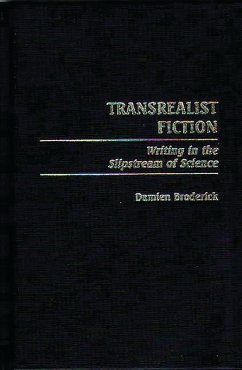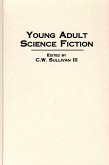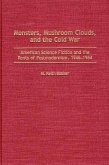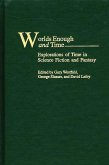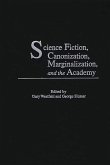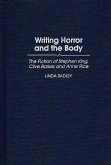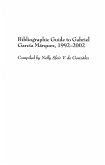Transrealist writing treats immediate perceptions in a fantastic way, according to science fiction writer and mathematician Rudy Rucker, who originated the term. In the expanded sense argued in this book, it also intensifies imaginative fiction by writing the fantastic from the standpoint of richly personalized experience. Transrealism is also related to slipstream writing, another category introduced into studies of speculative fiction to account for texts that seem to follow trajectories mapped by the huge body of science fiction accumulated in the last century, while retaining a central interest in traditional literary strategies.
This book examines a variety of work from the transrealist perspective, something that has not been done previously. It emphasizes the texts of Philip K. Dick and Rucker himself, while it additionally engages the texts of such slipstream writers as Kurt Vonnegut, J.G. Ballard, and John Barth. It places its argument against the antihumanist trend in science fiction and builds comparisons with more traditional varieties of science fiction works.
This book examines a variety of work from the transrealist perspective, something that has not been done previously. It emphasizes the texts of Philip K. Dick and Rucker himself, while it additionally engages the texts of such slipstream writers as Kurt Vonnegut, J.G. Ballard, and John Barth. It places its argument against the antihumanist trend in science fiction and builds comparisons with more traditional varieties of science fiction works.

